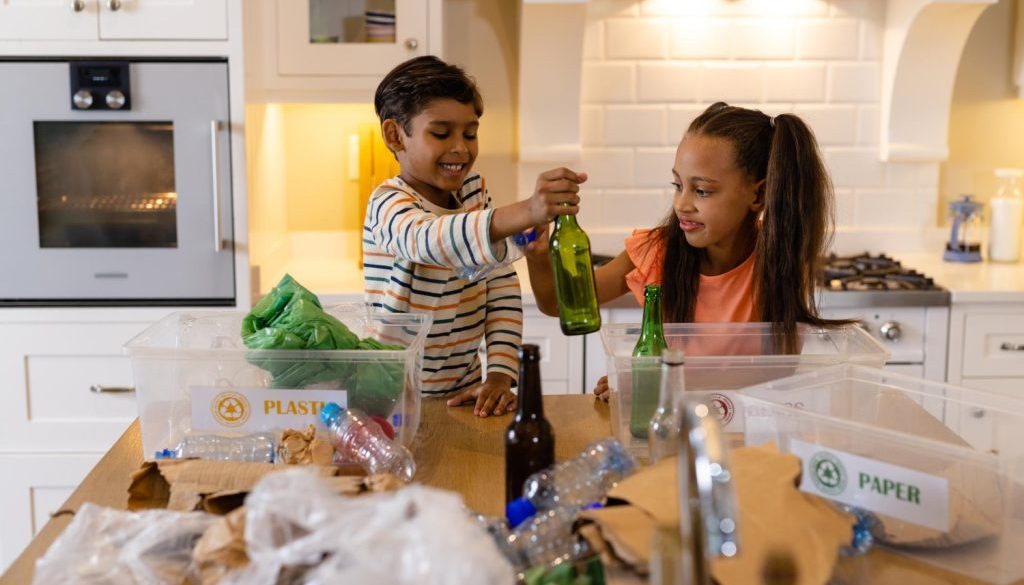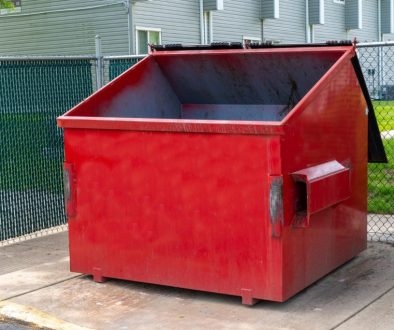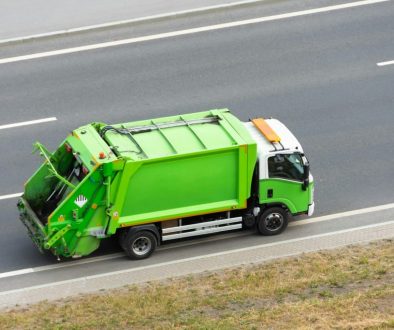Reducing rubbish at home is essential for creating a cleaner, greener environment. It helps decrease the burden on landfills, cuts down pollution, and conserves valuable resources. As we become more aware of our environmental impact, it’s crucial to adopt sustainable habits that contribute to waste reduction at the household level.
Simple changes in daily routines can lead to significant differences in waste generation. By practising effective waste segregation, choosing sustainable products, and adopting creative composting methods, you can make a positive impact. These small steps not only help the environment but also encourage a more resourceful lifestyle.
Sustainability starts at home, and by making mindful choices, you can pave the way for a cleaner future. Everyone can play their part, and with these easy tips, reducing rubbish becomes an achievable goal. Tackling waste begins with practical solutions, and with the right approach, you’ll find that reducing rubbish is both rewarding and easy to maintain.
Effective Waste Segregation Techniques
To reduce rubbish at home effectively, waste segregation is key. This involves sorting your waste into different categories to ensure proper disposal or recycling. By doing this, you help save resources and reduce environmental harm.
The first step is to create dedicated bins for different types of waste. You should have separate bins for recyclables like paper, plastics, and glass, as well as bins for organic waste and non-recyclable materials. Label each bin clearly so everyone in the household knows where to place their rubbish.
It’s also helpful to keep a small guide near your bins that details what can and cannot be recycled. Many councils provide these guides for easy reference, helping you avoid the common mistake of contaminating recyclables with non-recyclable items.
Paying attention to hazardous waste is crucial. Items like batteries, electronic waste, and paint need special handling and should never be mixed with regular rubbish. Check with local disposal centres for the correct disposal methods for these items to prevent environmental damage.
Waste segregation not only reduces the amount of rubbish going to landfill but also increases the efficiency and effectiveness of recycling processes. Implementing these techniques ensures a cleaner home and helps contribute to a healthier community.
Smart Shopping Habits for Waste Reduction
One of the most effective ways to reduce waste starts with your shopping habits. By making mindful choices when shopping, you can significantly cut down on the amount of rubbish your household generates.
Firstly, always carry reusable bags when going shopping. This avoids the need for plastic bags, which are a common source of waste. Choose products with minimal packaging or packaging made from recyclable materials when possible. Bulk buying is another great strategy as it reduces the frequency of packaging waste.
Before making a purchase, ask yourself if it’s necessary. Avoid impulse buys, as these often lead to clutter and potential waste. Focus on quality over quantity by purchasing durable items that last longer rather than disposable ones.
Consider purchasing items from local markets or stores that offer eco-friendly products. These often provide options with less packaging and support sustainability efforts within the community.
Embrace a habit of checking your pantry before shopping to prevent overbuying food that might spoil or go to waste. Planning meals and creating a shopping list can help you stick to buying only what you need, reducing the chance of food waste.
By adopting these smart shopping habits, you can help lower the amount of waste produced, making a substantial difference in both household rubbish output and environmental sustainability.
Creative Composting at Home
Composting is an excellent way to reduce household waste while providing nutrient-rich soil for your garden. It involves breaking down organic materials like food scraps and garden waste into compost. With a few simple steps, you can start composting and contribute to a waste-wise lifestyle.
Set up a compost bin in your garden or balcony. You can purchase a ready-made bin or DIY one using wood pallets or a metal drum. Ensure it has good drainage and ventilation to help the composting process.
When adding materials to your compost bin, it’s essential to balance green and brown waste. Green waste includes fruit and vegetable scraps, coffee grounds, and fresh grass clippings. Brown waste is made up of dried leaves, twigs, and shredded paper. Aim for a 50/50 mix to maintain proper moisture and support decomposition.
Turn the compost regularly with a garden fork to aerate and speed up the process. Keep it damp, like a wrung-out sponge, but not too wet. Within a few months, you’ll notice a dark, crumbly mixture ready to enrich your garden soil.
By composting at home, you significantly cut down on waste sent to landfills and create a resource to promote garden health and growth.
Sustainable Alternatives to Everyday Items
Replacing everyday items with sustainable alternatives can greatly reduce household rubbish. It’s about making smarter choices that benefit both the environment and your wallet over time.
Switch out plastic water bottles for reusable ones. Stainless steel or glass bottles are excellent options. They are durable and keep your drinks fresh without the environmental burden of disposables.
For coffee lovers, a reusable coffee cup is a game-changer. Bringing your cup when grabbing coffee on the go helps keep countless disposable cups out of landfills. Some cafes even offer discounts for using your own cup.
Consider using cloth napkins instead of paper. They’re easy to wash and can be used multiple times, reducing paper waste. Similarly, invest in cloth cleaning cloths or reusable paper towels, which serve as an eco-friendly measure in the kitchen.
In the bathroom, swap plastic toothbrushes and razors for bamboo or stainless steel versions. These biodegradable and durable options minimise plastic waste and often last longer.
Adopting these sustainable alternatives ensures you contribute less to waste while embracing a more environmentally conscious lifestyle.
Conclusion
Reducing rubbish at home is a rewarding journey for both your environment and your family. By implementing effective waste segregation techniques, adopting smart shopping habits, and exploring creative composting methods, you align your home with sustainable practices. The shift towards sustainable alternatives in everyday items not only shrinks your waste footprint but also fosters a more mindful way of living.
As we strive to become better stewards of our planet, every small action counts. From sorting recyclables to selecting products that demand less packaging, each change you make contributes to a cleaner, healthier world. The cumulative effect of these efforts leads to significant reductions in waste output, helping preserve natural resources and protect ecosystems for future generations.
If you’re ready to make a difference, Enviro Skip Hire is here to support your waste management efforts. Our tailored open skip hire services and recycling solutions in Staffordshire align with sustainable practices to help you on your waste reduction journey. Contact us today to discover how we can assist you in achieving your rubbish reduction goals.




